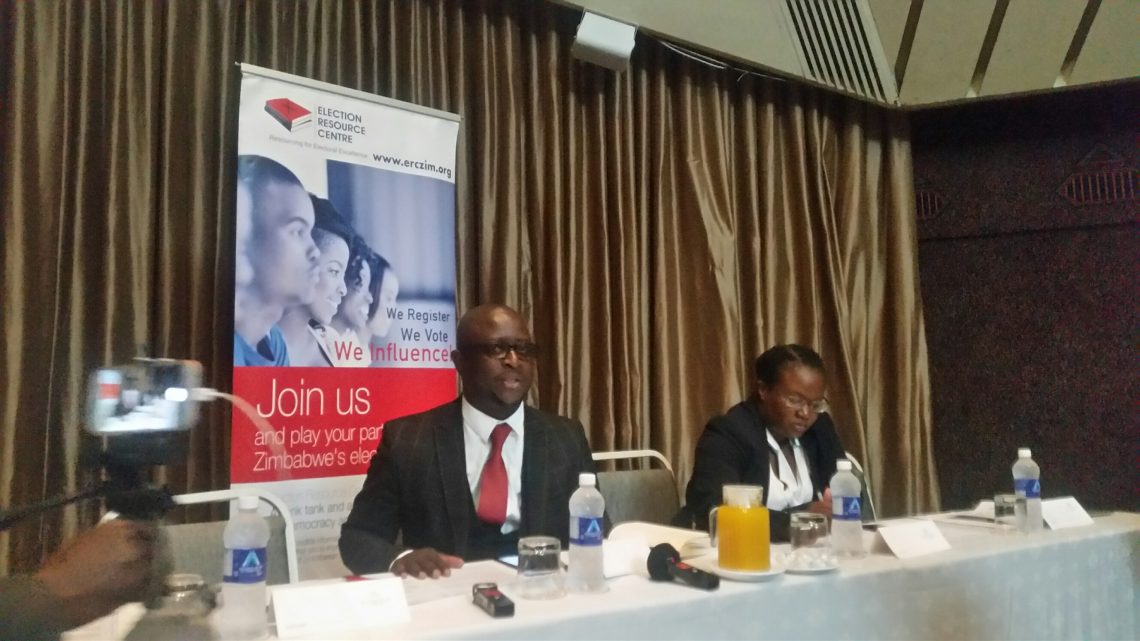By Farai Chirimumimba
Most countries rarely undertake independent voters’ roll audits to correct any irregularities noted, and when they do there are always disagreements on the terms of reference of the auditing company. For instance last year, Kenya appointed international auditing firm KPMG to audit its 19.6 million Register of Voters months ahead of the August 2017 general election. The audit found 2.9 million inaccuracies in the voters’ roll.
In Zimbabwe a new voters’ roll with over 5.6 million voters was prepared by the Zimbabwe Election Commission (ZEC) ahead of the 30 July 2018 harmonised elections. However, ZEC has refused any proposal to appoint an independent auditor to scutinise the document. It is probably time for ZEC to take a long-term view of their decisions to back or oppose reform in this case in relation to voters’ roll audit. I agree that each problem has its own problems and limitations.
Although an ideal electoral system does not exist, auditing of the voters’ roll was a step towards a free, fair and credible election. The questions about the voters’ roll has always generate political confrontations amongst advocates of different rules in Zimbabwe where there is a belief that most of the alleged rigging takes place through manipulation of the voters’ roll. In recent years there has been an allegation of many voters having the same ID, use of the same address by an unusual high number of voters, double registrants and dead voters on the roll. This led to calls to produce a completely new voters’ roll that will be used in next month’s general elections. The voters’ roll audit is generally conducted for purposes of:
- Verifying the accuracy of the register;
- Recommending mechanisms of enhancing the accuracy of the roll; and
- Updating the roll.
An audit is normally undertaken in accordance with a Technical Proposal and Contract with relevant authority. The audit of the voters’ roll is first and foremost about securing the sovereign power of the voters who should be allowed to exercise their democratic right to vote for a representative of their choice. Audit is also intended to ensure that no voter is disenfranchised on account of inaccuracies in the roll. In addition, the audit is intended to ensure voters’ power is not diluted by the existence of ineligible voters in the roll, duplications, or other errors that could undermine the principle of universal suffrage of one man one vote; one woman one vote.
The independent audits being undertaken by election and democracy think tank Election Resource Centre (ERC) with funding from the European Union (EU) may fail short of being holistic unless auditors have access to birth and death certificates to verify the roll. Otherwise the audit will end up being a desktop clerical work? There is need to match ID or passport details with the database provided by the Register-General’s Office and flush out details that could not be found in the data.
There is no doubt that the country which had hoped for a modicum of electoral reforms for a credible election, has been crudely shortchanged in a queer maneuver by the leadership of ZEC who bashed aside any hope for an independent audit arguing that there was no law that compelled them to audit the voters’ roll despite indications from the European Union to avail funds for the project.
With a project that involves over 5.9 million voters’, thousands of inaccuracies are bound to be found in the voters’ roll which may include mismatch of gender and date of birth, birth dates that do not match, gender inconsistencies in names and other permutation of particulars for instance having more than usual people registered on the same physical address.
One thing that stands out with or without an audit is the legal and institutional challenges in registration of births, deaths and issuance of IDs and passports to so called “Aliens”, all which compromised the voters’ roll. I would have wanted the audit being carried by ERC auditors to be a deeper audit that will clearly finger dead voters but that will depend on whether they have access to the Registrar-General Office database.
